Islam & Christianity
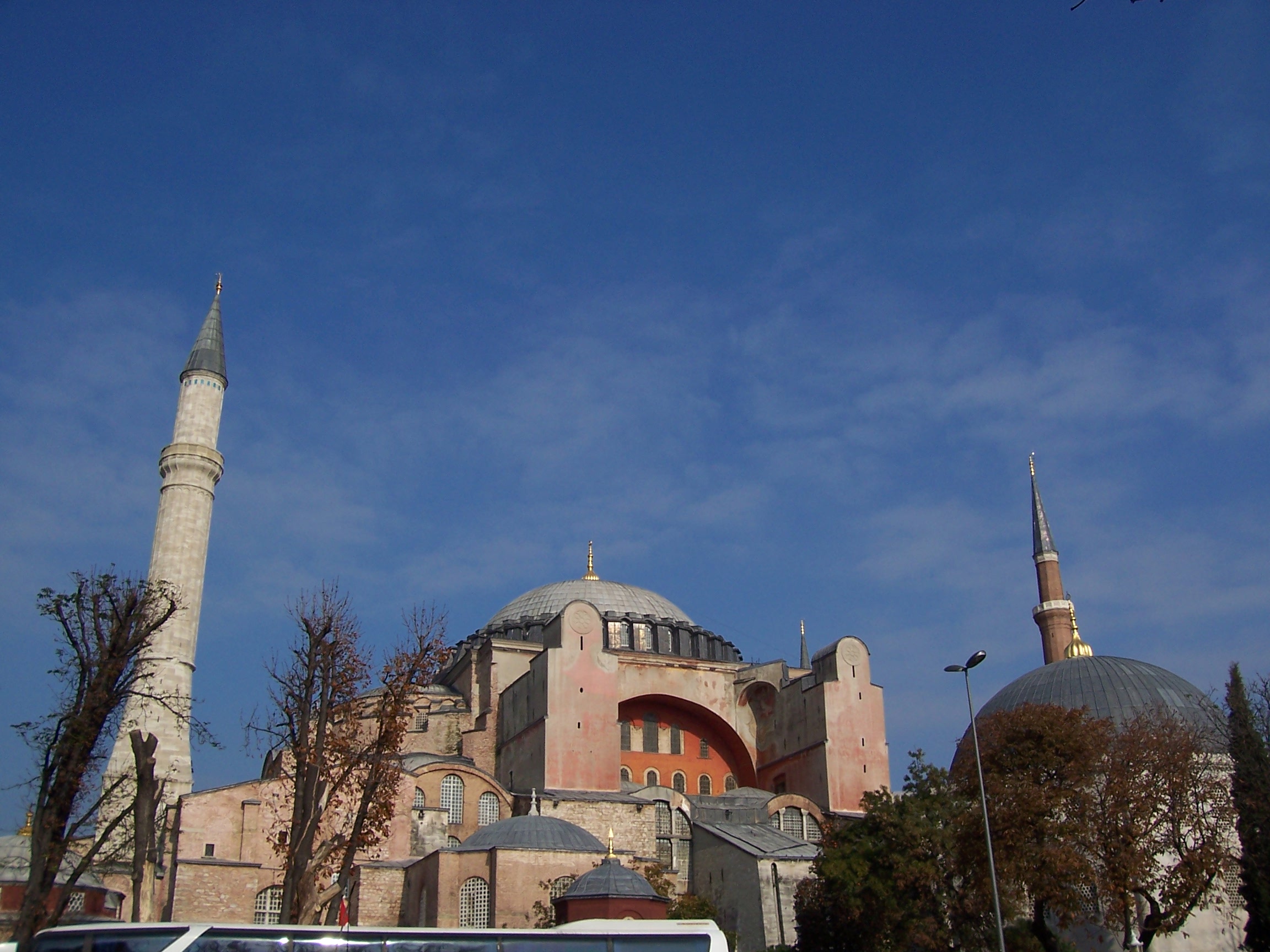
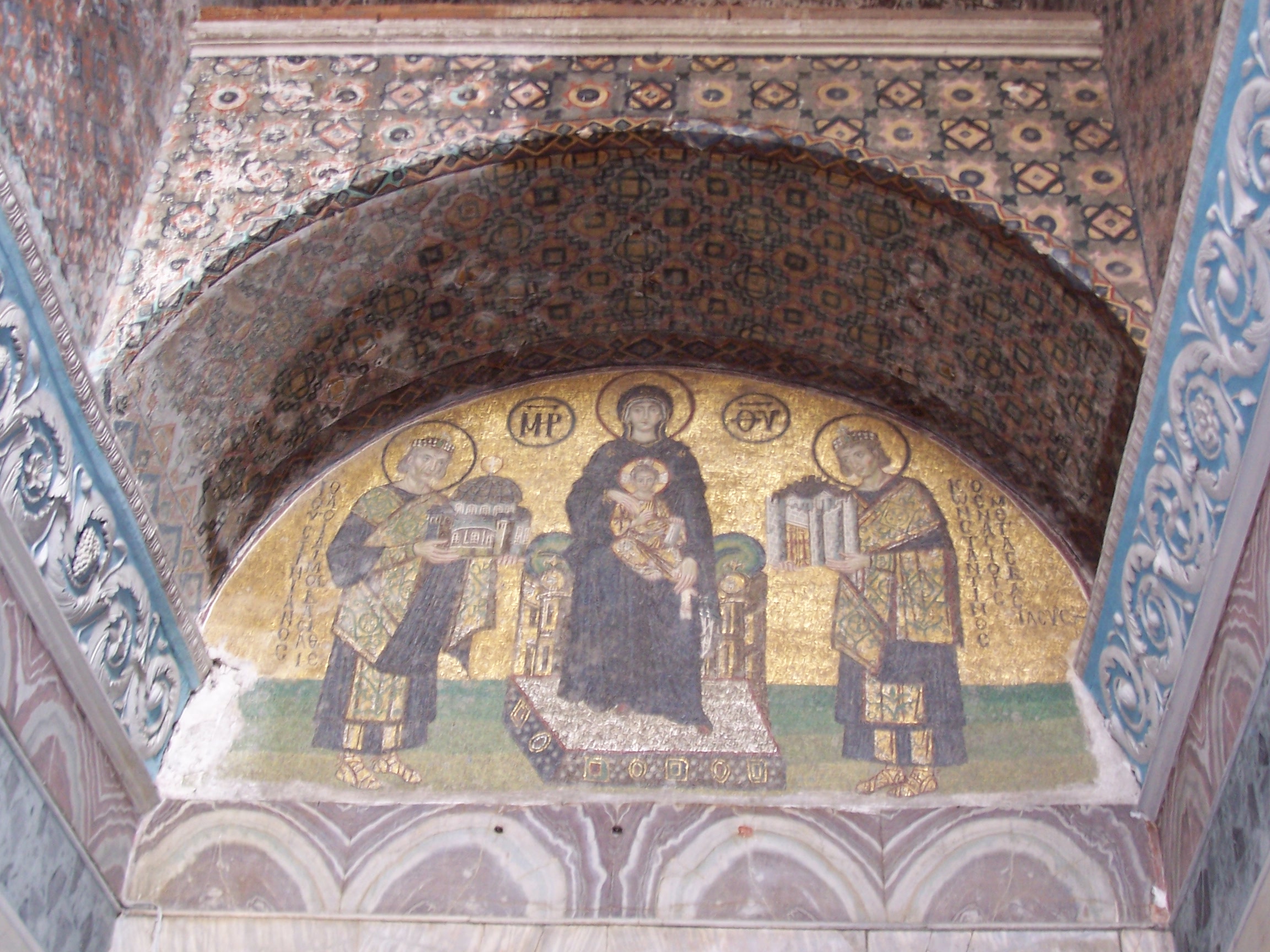
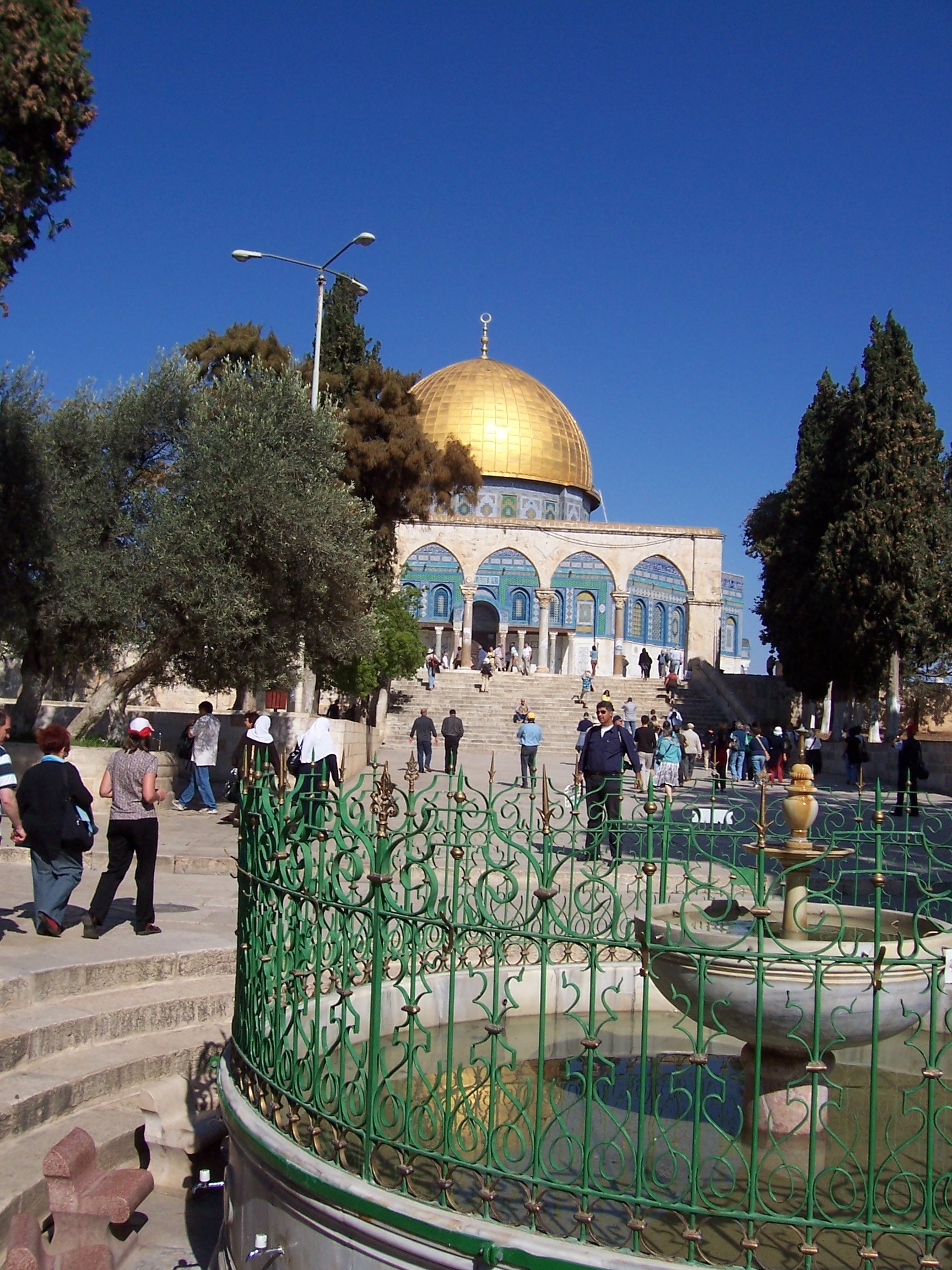
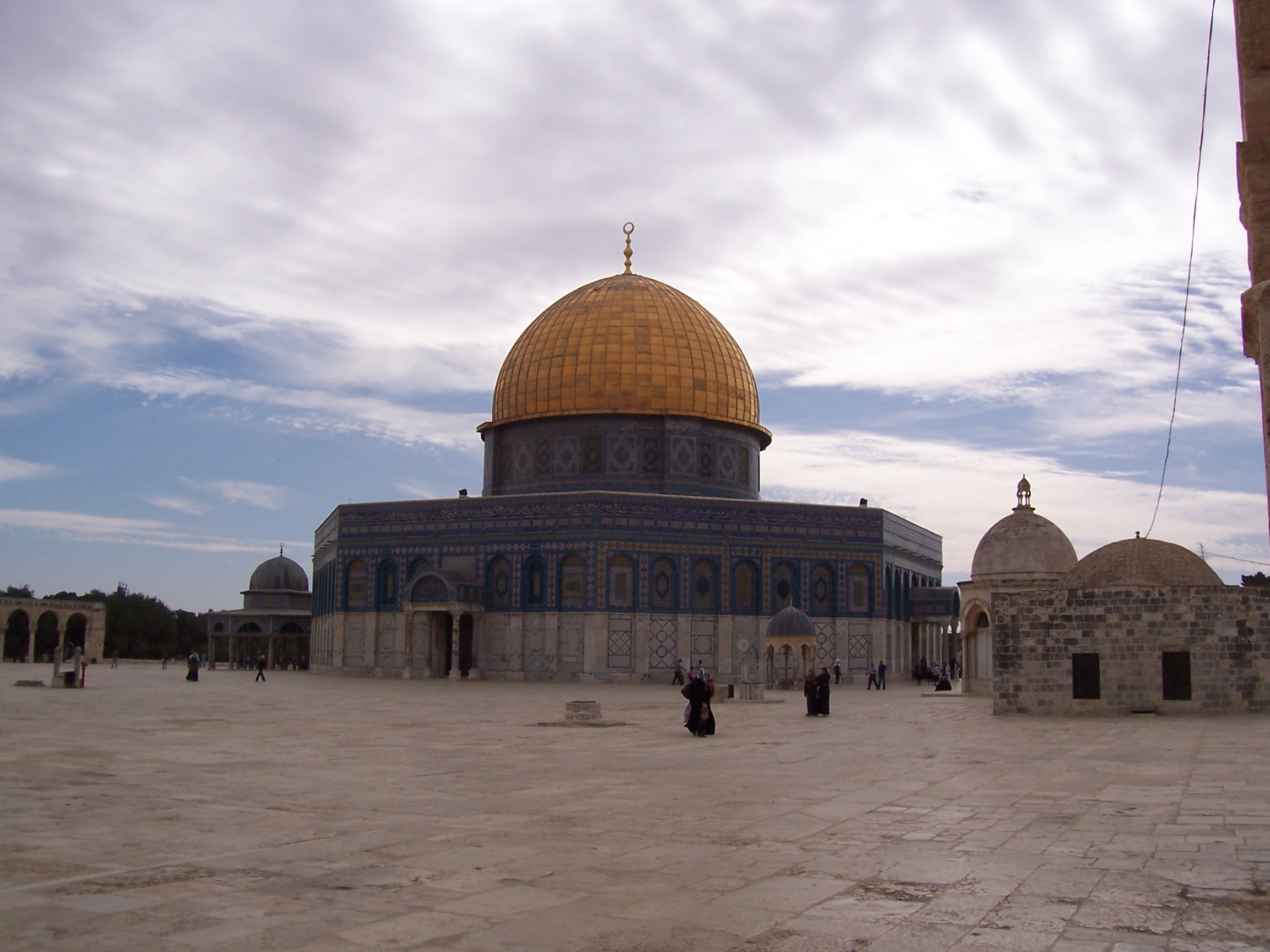
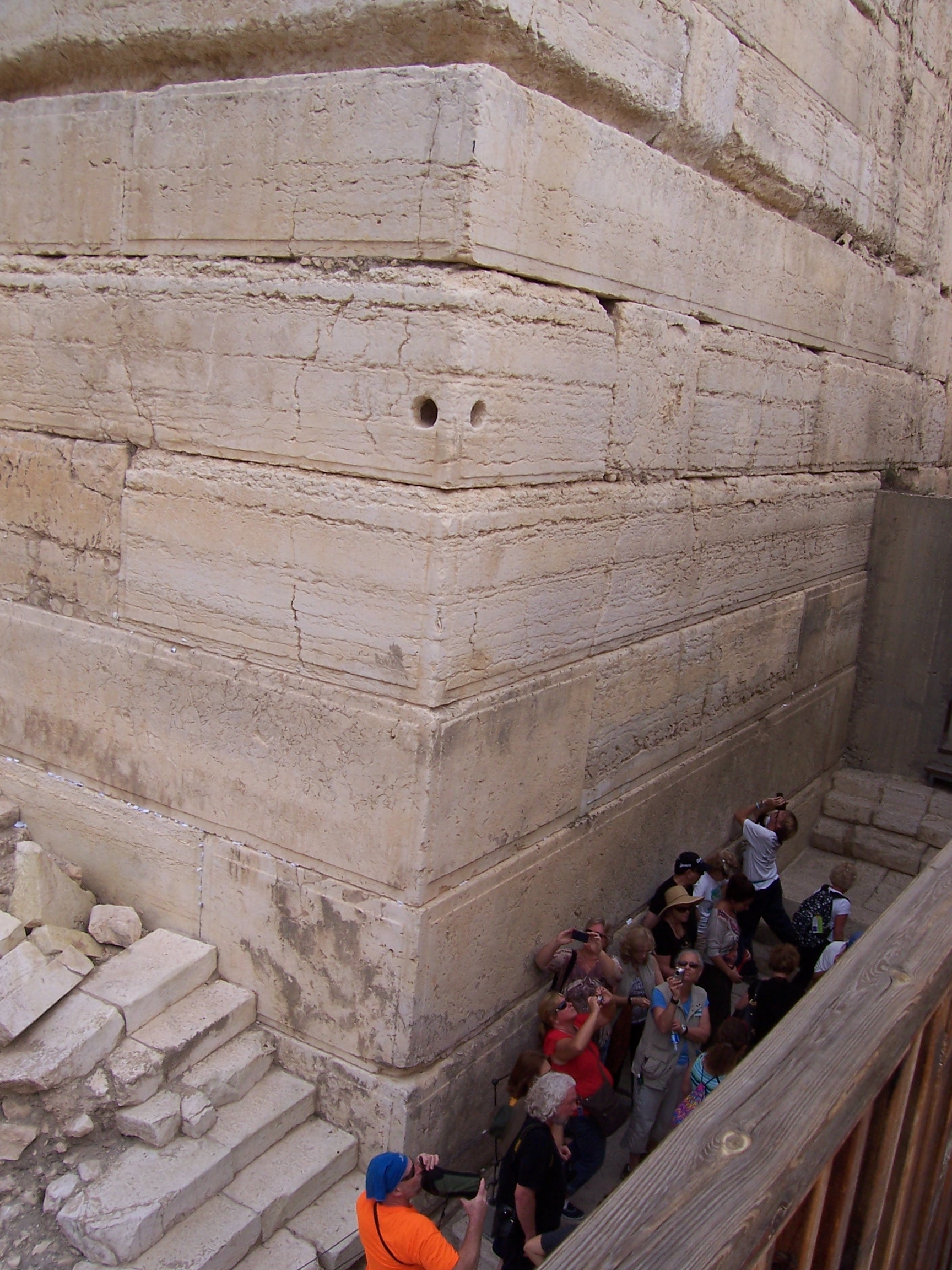
Images of a mixed heritage. First shown is Istanbul's Hagai Sophia, built originally by emperor Constantine, then rebuilt by the Christian Justinian in the 7th century, then a mosque, now a tribute to both religious traditions - illustrated by retention of Christian motifs (2nd photo). The photo collage then shifts to Jerusalem's Dome of the Rock, on the site of the earlier Jewish temples of Solomon and Herod, and some day (as prophesied by Ezekiel) a new and radically different shrine to the almighty. Last up is the site where Muhammad his reputed to have tied his steed Al-Buraq (see two holes in Herod's temple wall) that brought him from Mecca to Jerusalem and back after a a night visit to heaven.
For more detail, click on Christianity and Islam, an ~30 page manuscript focused on the first 1,000+ years of this relationship. Check out the Academy for more.
This is a tale of two of the world’s foremost and seeming disparate religions – Islam and Christianity. In the wake of September 11, 2001 and subsequent events, the chasm between Christian and Muslim has perhaps never seemed wider.
Often forgotten is that both religions can be traced to a single spiritual if not genealogical ancestor – Father Abraham. Both Islam and Christianity are inextricably linked to the even older religious traditions of Judaism. All three faiths point the way to a single God – or Allah. And the history if not the theology of each inevitably has been shaped by the other.
History begets reality. The story does not end with Islam at its formation, Islam at its peak, or even Islam in some of its more contemporary militant expressions – or even the now emerging pushback for possible return toward more pluralistic values. Three key questions emerge again and again - each time begging for answers:
1. What parallels and differences are there between the formulation of Christianity & Islam? Both Christianity and Islam share the belief in an all-powerful, omniscient and just God. Judaism, Christianity and Islam all can trace their heritage to a single source – Abraham.
A key difference lies in the relationship between theology and polity. Christianity’s early years were those of an often oppressed minority, followed by imperial and cultural ascendancy. In contrast, Islam was expressed from a perspective of military and political strength from the time of Muhammad forward. From its early and quick cultural ascendancy, Islam subsequently foundered in the post-Renaissance era even as a countervailing western Christian ethic came into its own as a global economic and military force.
2. In what ways does the historical development of Islam influence current issues? While Christians have (partially) severed themselves from the Hebraic view of a just and jealous God to that of a loving God, Islam adopts the model of a warrior God in Allah. The secular and the profane are more readily conjoined. However, there are distinct differences in interpretation and resulting cultural values between Shii and Sunni. The Shii is more personal and introspective, the Sunni more outgoing and linked to material success.
3. What is the appropriate response – from the Christian and the Muslim? For the much of the last 1-1/2 millenia, the Christian and Muslim have been in conflict – often due to mis-characterization of the other’s values and cultures. In the name of military and economic conquest, differences have been accentuated and similarities repudiated or ignored.
For the Christian, an appropriate response could be to acknowledge if not embrace the commonalities. Individuals of faith are focused on the same object of devotion – the singular Allah/God. What if there truly were multiple streams coursing to this enlightenment?
For the Muslim, the challenge may be to accept the path of the younger Muhammad – the caravan trader, rather than the older and embittered Muhammad – the warrior. Encourage a true marketplace of ideas and ideals where even those who disagree can do so openly and fully respecting countervailing views.